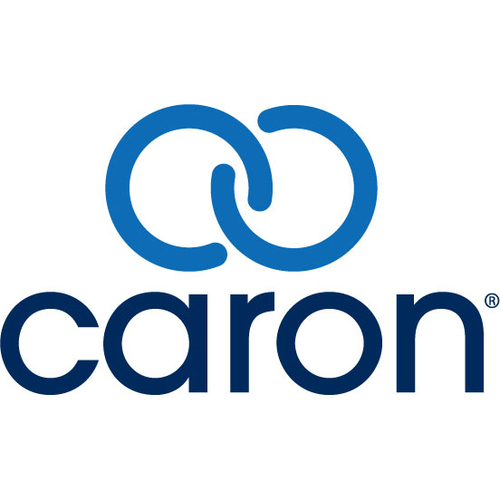Collaborative Care and Community Partnerships in Mental Health and Addiction Treatment Settings
Research shows that patient outcomes for chronic diseases, mental health disorders, PTSD/trauma, and substance use disorder can all be improved when collaborative, interprofessional models of care are utilized (Henderson, et al., 2017; Kilbourne, et al., 2019; Wolk, et al., 2021). Using a community partnership, or integrated care model also increases access to care (Henderson, 2017). Code of Ethics standards across health professions and organizations also advise that high quality collaboration be engaged in to promote ethical care of patients in instances when multiple providers are working...Read more with a patient simultaneously or when a patient transfers care from one provider to another. However, many providers lack awareness of how they are situated in a collaborative service model, or may lack skills, training or resources to support the successful implementation of high-quality integrated care.
This presentation will provide an overview of the research supporting integrated service delivery models and will explain the basic tenants of collaborative care models. The presentation will also review the Code of Ethics standards pertaining to collaborative care, transfers and discharges for psychologists, social workers, counselors and family therapists, and addiction treatment professionals. A comprehensive overview of barriers and challenges to collaboration will also be presented, followed by discussion of high-quality community partnerships and solutions, as well as case examples of successful patient and provider experiences. Less...
Learning Objectives
- Describe the basic tenets of successful collaborative practice for mental health and substance use disorders.
- Examine code of ethics standards pertaining to patient care collaboration, transfer of care for social workers, psychologists, marriage and family therapists, counselors, substance abuse professionals, and medical professionals.
- Describe how collaborative care models and discharge planning improve access to care and patient outcomes.
- Analyze five common barriers to effective collaboration.
- List examples of successful partnerships and practical solutions for effective collaboration across healthcare providers, community partners, and treatment representatives.
Wednesday, June 30, 2021
12:00 PM EDT - 01:00 PM EDT
Register for this WebinarAbout the speakers
CE Information - Earn 1 CE Credit Hour
CE Approvals
American Psychological Association
New York State Education Department's State Board for Social Work
New York Education Department for Licensed Mental Health Counselors
New York State Education Department's State Board for Psychology
CE Process Info
Each professional is responsible for the individual requirements as stipulated by his/her licensing agency. Please contact your individual licensing board/regulatory agency to review continuing education requirements for licensure renewal. Please note: You must attend "live" (in real-time) to earn CE credits.
Before the event, you will receive an email from CE-Go with access to the virtual event. After the event, you will receive access to your evaluation and continuing education certificate via a personalized "attendee dashboard" link, hosted on the CE-Go website. This link and access to the virtual event will be sent to the email account you used to register for the event.
Upon accessing the CE-Go "attendee dashboard", you will be able to:
- Complete evaluation forms for the event
- Download your continuing education certificate in a PDF format
If you have any questions or concerns regarding the CE-Go process, please contact CE-Go at 888-498-5578 or by email at support@ce-go.com Please Note: Emails for this event will come from "support@ce-go.com".
Please make sure to check your spam/junk folder in case those emails get "stuck". We'd also suggest "whitelisting" support@ce-go.com. This tells your email client that you know this sender and trust them, which will keep emails from this contact at the top of your inbox and out of the junk folder.


